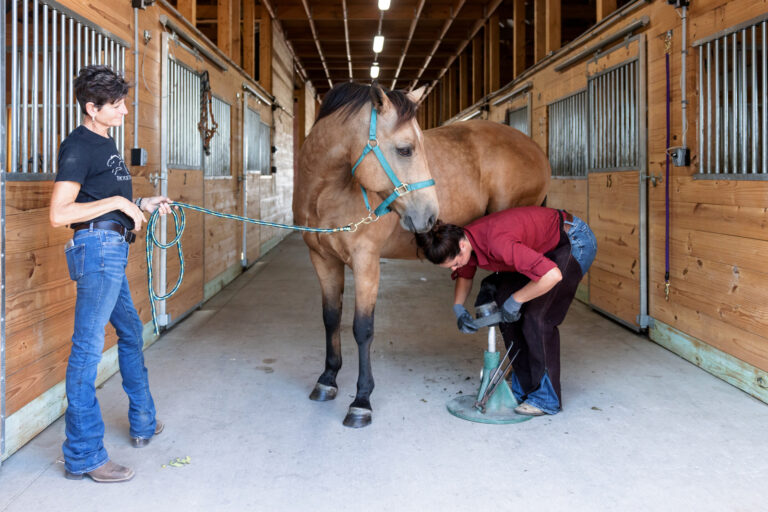
An attending veterinarian at a private facility in Dearborn County, Indiana, reported a horse confirmed positive for Streptococcus equi ssp. equi (the bacterial cause of strangles in horses), S. equi ssp. zooepidemicus (which can cause several diseases in horses, including upper respiratory tract infections), and EHV-4 (equine herpesvirus type 4, which can cause upper respiratory tract infections).
Two other horses are suspect for strangles.
The attending veterinarian reported that another horse on the property had returned from a training barn three weeks prior to the occurrence of the strangles cases.
For more information read this Strangles Fact Sheet.
Information for this report was provided by the Equine Disease Communication Center.




